|
United Way of Virginia’s Eastern Shore has announced that they will allocate funding to support Chincoteague Bay Field Station’s Shore People Advancing Readiness for Knowledge (SPARK) program this year. SPARK is an intergenerational education program which has engaged hundreds of families from Accomack County in advancing reading and math skills through outdoor and place-based learning opportunities since its inception in 1998.
The SPARK program was created by Grace and Matt Cormons and has recently been taken under the educational programming at Chincoteague Bay Field Station. This spring the program has been supported by a Celebrate Urban Birds mini-grant from the Cornell Lab of Ornithology. Funding from United Way will be used to support the Creekwatchers branch of SPARK, in which students participate in citizen-science projects to monitor water quality on local streams and bays, and also to support SPARK Mentors, parents who help facilitate programming.
0 Comments
Some people get up in the morning and go through the same routine day in and day out. They drive to a job where they only see a computer screen and an office all day. But at the Field Station a “day at the office” could mean several different things. It could include catching up on indoor office duties or it could be seeing the sunrise, biking down a scenic back road, or paddling through a winding creek. I have worked at the Field Station for two and a half years and I still find excitement and wonder in each new day. I am the Adult and Family Education Assistant Coordinator and I work with all kinds of groups and ages ranging from 5-year-olds up to adults. I have led bicycling and kayaking excursions, family camps, grandparent and grandchild camps, and many more! During each program I have the opportunity to meet wonderful people who are excited to be visiting the Field Station. They are interested in specific activities and like to learn about the different areas around Chincoteague. This past spring has been exciting and busy with programs! Even though I have led some of these programs more than once and have visited the same areas multiple times I discover something new each time I step out my door. While working I try to take some time to notice the area around me and find natural beauty everywhere. It is so easy to get caught up in your job or your own life and not notice the little things around you but I am glad that working here has allowed me to marvel at my “office”. During one of the Road Scholar Basketry programs this past February we went on the Wallops Island beach to collect shells. This was the first time that I saw the beach covered in show and ice. It was bizarre to look for shells with participants in the sand under a thin veil of snow. Another week I was on a Road Scholar Photography program where I was able to watch the sunrise and sunset of each day that week. Some people think, “if you have seen one sunrise you have seen them all” but each one was different and showed off the landscape in different ways. I can return to the same place every week and see something different. I even have seen people return to our programs because they love this area of the Eastern Shore and can’t get enough. This week I have been kayaking in the surrounding rivers and bays and some of my participants that are with me this week are returners. They haven’t just been here once but at least 3 or more times. These two ladies have been on the same kayaking program many times and say that each time they return the paddles are different. The areas change seasonally and can look drastically different depending even on the tide and time of day. Last week my adventure was Biking the Eastern Shore, this week is Kayaking. I can’t wait to see what new adventure is in store for me next!
Seven students from high schools across Accomack County have been selected to participate in Chincoteague Bay Field Station’s brand new Sea S.T.A.R. Stewards Program this summer. This internship is a coastal education and leadership internship program for local 9th and 10th graders. Students will spend time this summer working in environmental education programs at CBFS while researching and learning about our local watershed. This year’s Sea S.T.A.R Stewards include Trenton Clark, Noah Jester, Kristen McCollum from Chincoteague High School, Lyssa Annis, Kara Beth Pruitt, and Jayde Thompson from Arcadia High School, and Brittane’ Patterson from Zion Academy of America. The students attended an orientation at CBFS this past weekend with their parents. Lyssa Annis notes that she is especially excited about being, “around and in the water and mud… I’ve always loved those things!” The students bring with them local perspectives of the Shore, including Noah who realizes, “I have lived on the Chincoteague Bay all of my life so this internship is a great opportunity to learn more about all of the things I have taken for granted every day.” The Sea S.T.A.R. Stewards Program is funded by a generous grant from Toyota TogetherGreen and Audubon. In 2014 Parker McMullen-Bushman, CBFS's Adult & Family Program Coordinator was awarded a $10,000 award through the Audubon & Toyota Conservation Fellowship to fund the Coastal Watershed Alliance (CWA). CWA is a three-tiered program that will improve watershed health through education, teacher professional development and conservation job training for local students.
Watershed education embodies the Toyota TogetherGreen goals of improving water supplies and quality for the protection of biodiversity. The Eastern Shore contains 70 percent of the Virginia’s tidal wetlands. The watershed is vital habitat to threatened species, including Delmarva fox squirrel, diamondback terrapins, and piping plovers, as well as a source of natural resources essential to watermen, farmers, and local businesses. During this internship students will become more knowledgeable about their role in the watershed, and will participate in meaningful work to preserve it. For more information about the Sea S.T.A.R. Stewards Program or to get involved with Chincoteague Bay Field Station, visit the Coastal Watershed Alliance page. As I write this, I am slightly sun-burned, covered in mosquito bites (and maybe poison ivy – that is yet to be determined), and I have unlocked a new level of exhaustion. I’m not alone in this. Every educator here at Chincoteague Bay Field Station has pink cheeks and irritating bug bites. We also share something else – huge smiles and exciting stories from our days in the field. As a first year educator at the Field Station, I have only been on the Eastern Shore since February. In that relatively short amount of time, my brain has been packed full of marine ecology facts, interpretation techniques, and first-aid knowledge. The initial training was daunting. As a native Michigander, making the transition to an entirely new part of the country and shifting my environmental training from “fresh water” to “salt water” was a challenge. Now, almost three months later, I realize that this job isn’t necessarily about the skills I will gain or the lessons I will personally learn, but the experiences I have with the kids and campers who visit the field station. Those experiences in the field will be what I carry with me into my future. I came upon this realization within just the past few days. While each group I have taught to date has been extremely enjoyable with their own set of ups (a herd of Chincoteague ponies walking by during maritime forest class) and downs (pouring rain and a trawl net full of Boring Sponge), my most recent group reminded me why I wanted to be an environmental educator in the first place. While each day was long – often tipping over the 13 hour mark, and I won’t deny falling face first onto my bed at the end of each day, I genuinely looked forward to waking up, going into work, and teaching the group of 8th graders I was placed with this past week. There was a tangible energy and excitement with these twenty-four students that naturally spread to me and my co-educator Kirstie. Despite the biting gnats on our boat trip, I didn’t hear a single complaint. Instead, they all crowded around our recently found Diamondback terrapin, eager for a closer look. That same day, I had to practically drag them out of the intertidal zone because they wanted to keep looking for organisms with their sieve boxes. The student’s easily worked together, whether they were friends or not, and were all trying new things – like being covered from head to toe in marsh mud.
|
About
Everything you need to know about CBFS's educational programs, visiting Chincoteague Island, and more! Categories
All
Archives
January 2019
|
CHINCOTEAGUE BAY FIELD STATION | 34001 Mill Dam Road | Wallops Island, VA 23337 | (757) 824-5636 | [email protected]
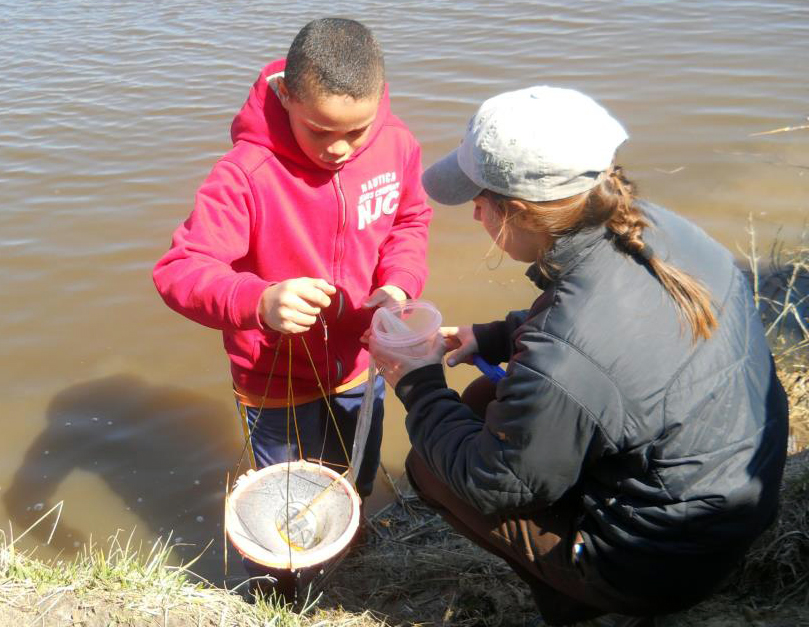
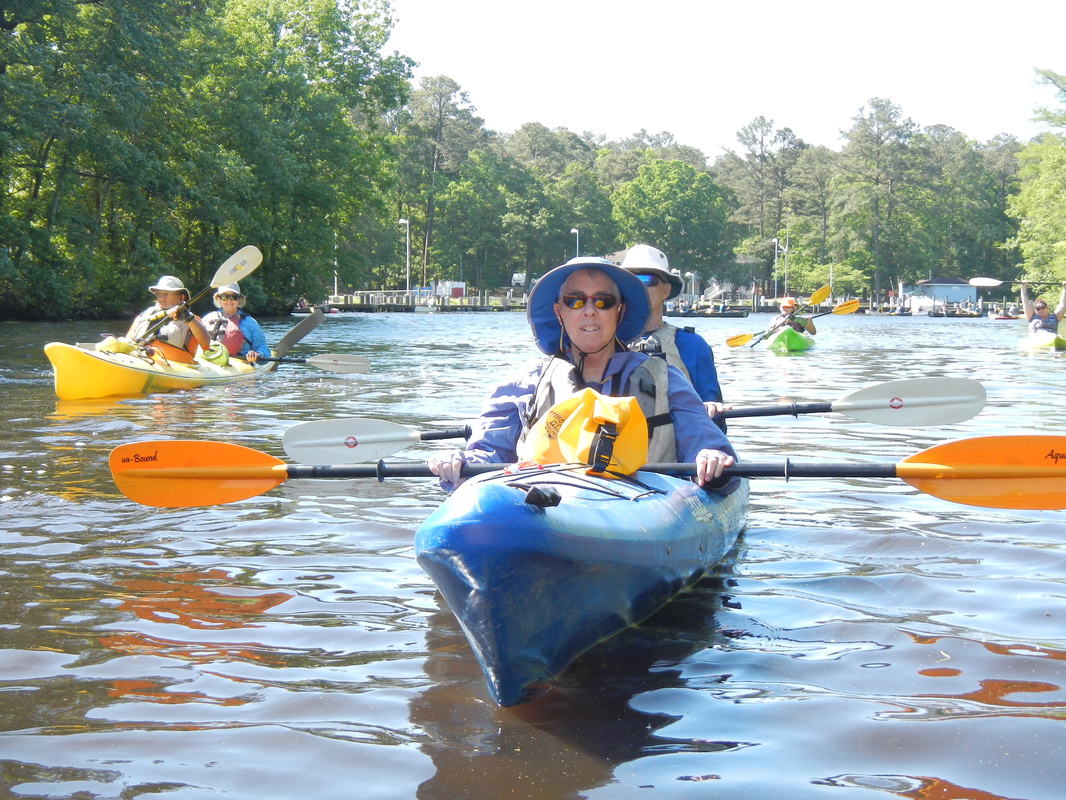
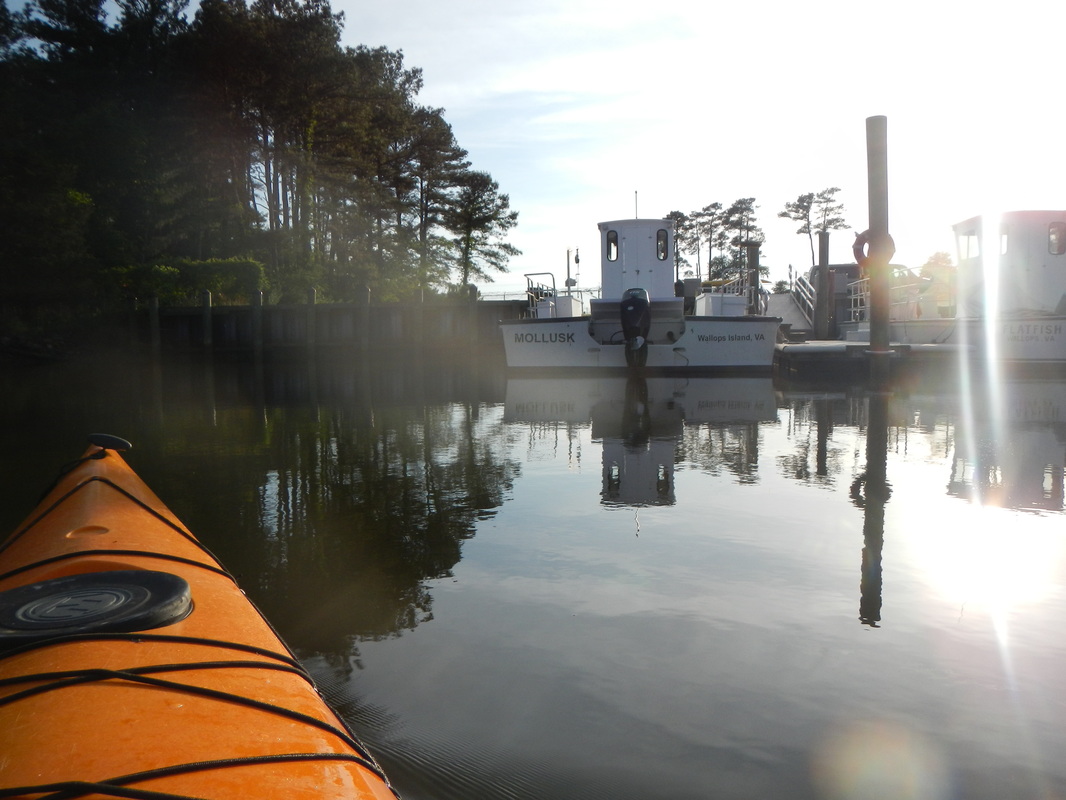
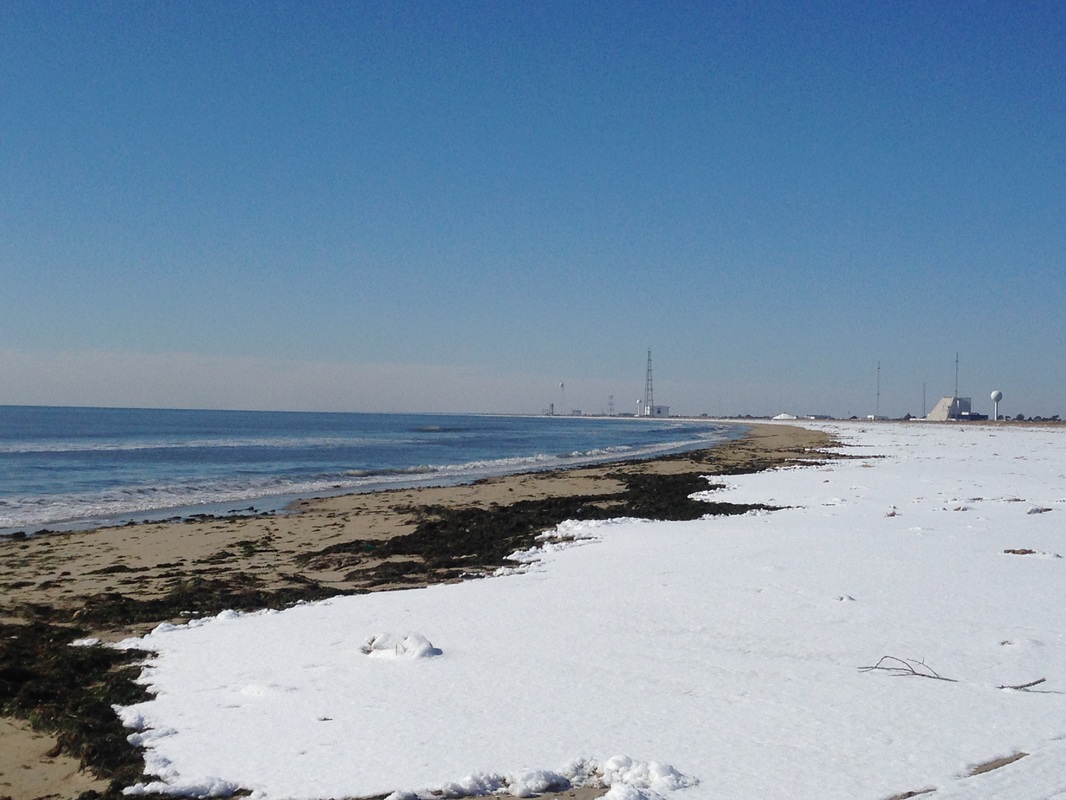
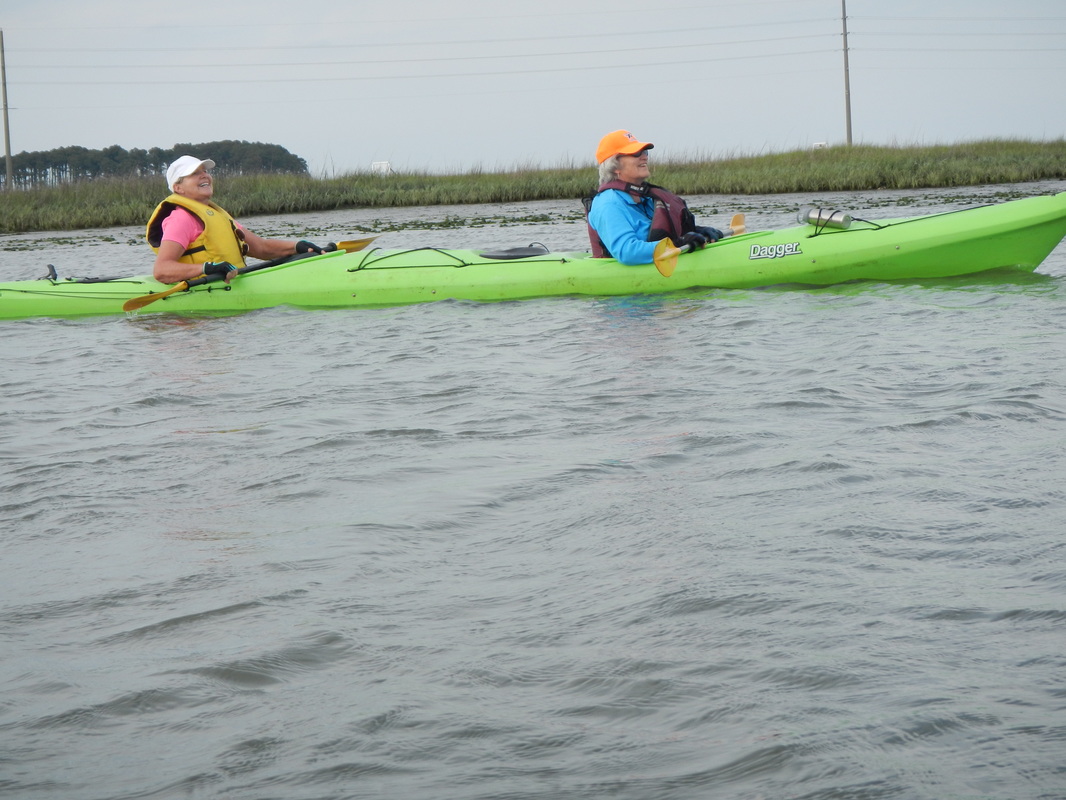
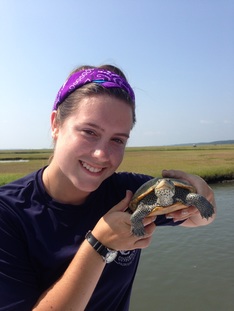
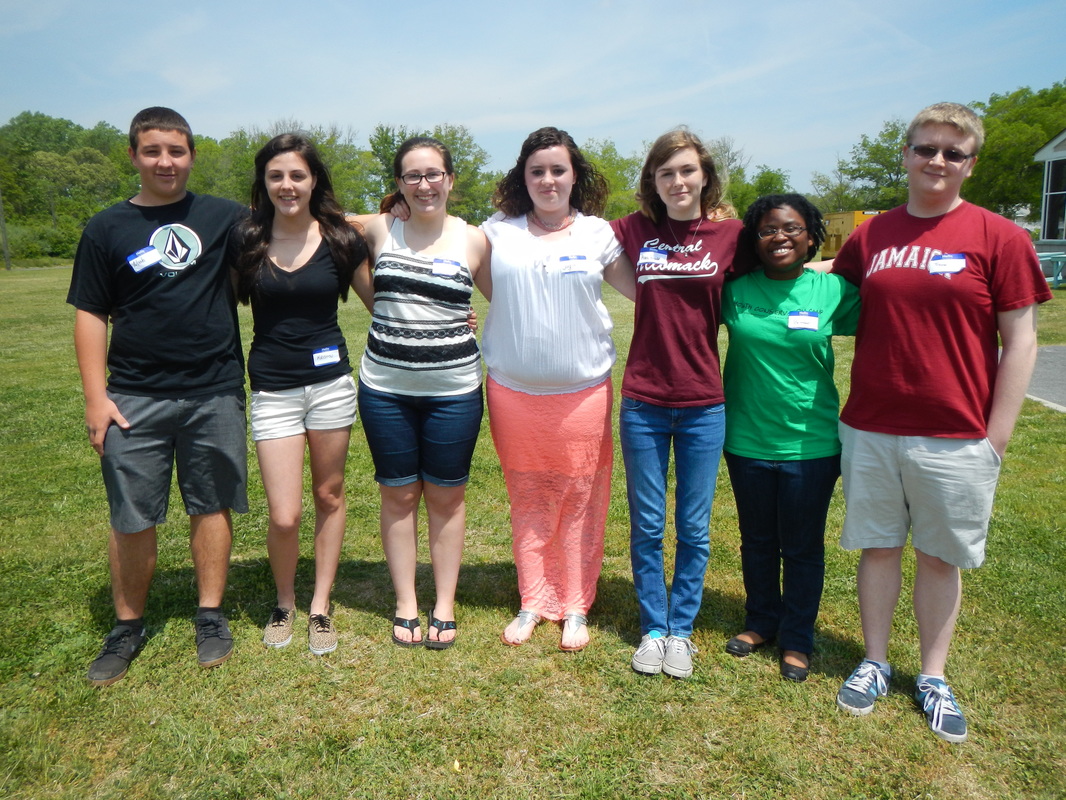
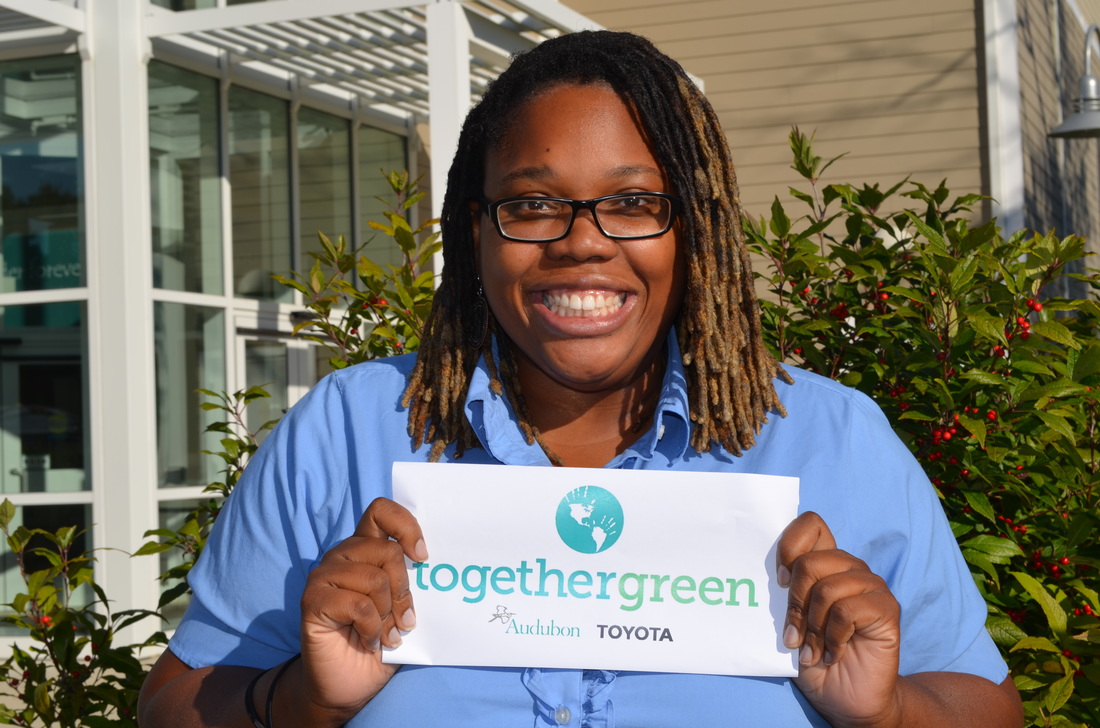
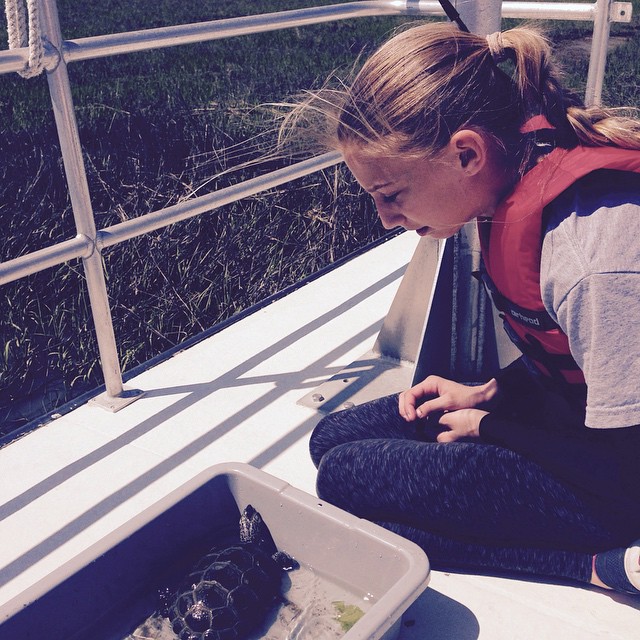
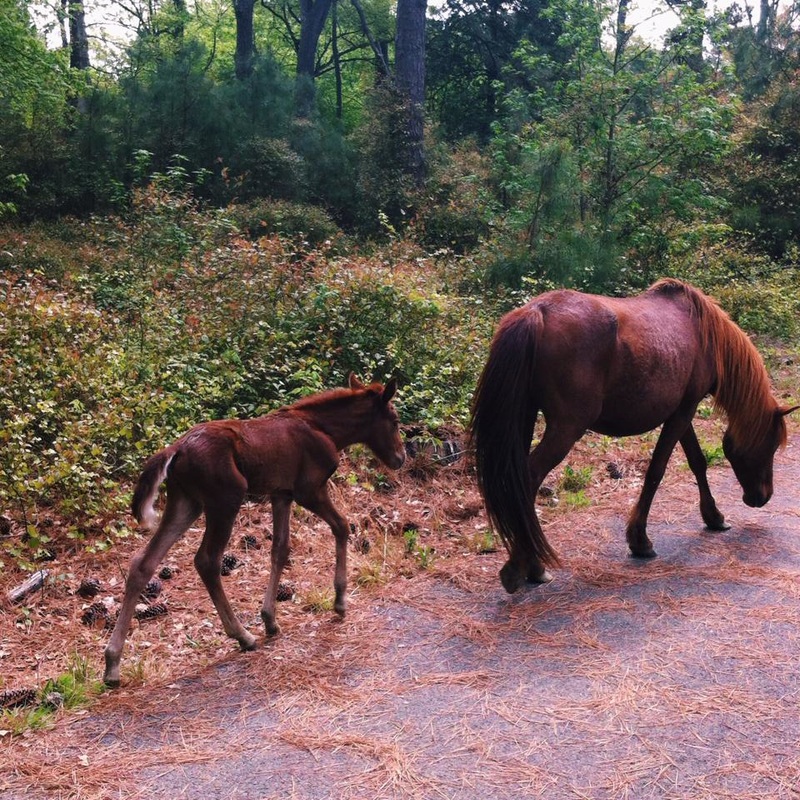
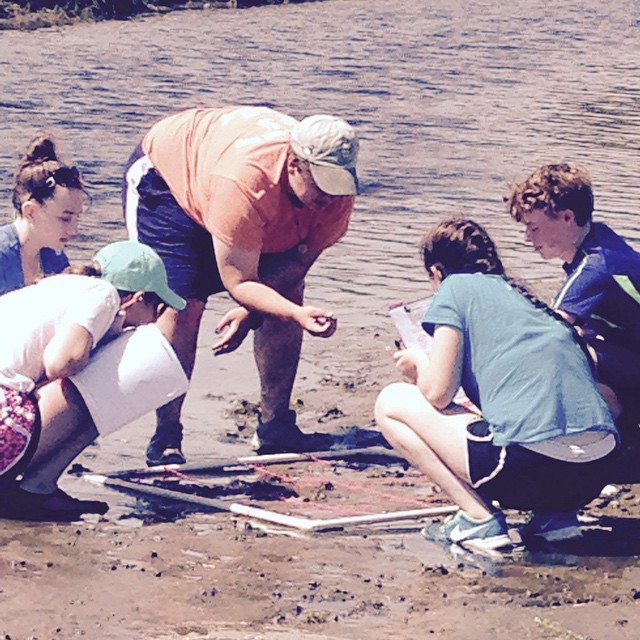
 RSS Feed
RSS Feed

